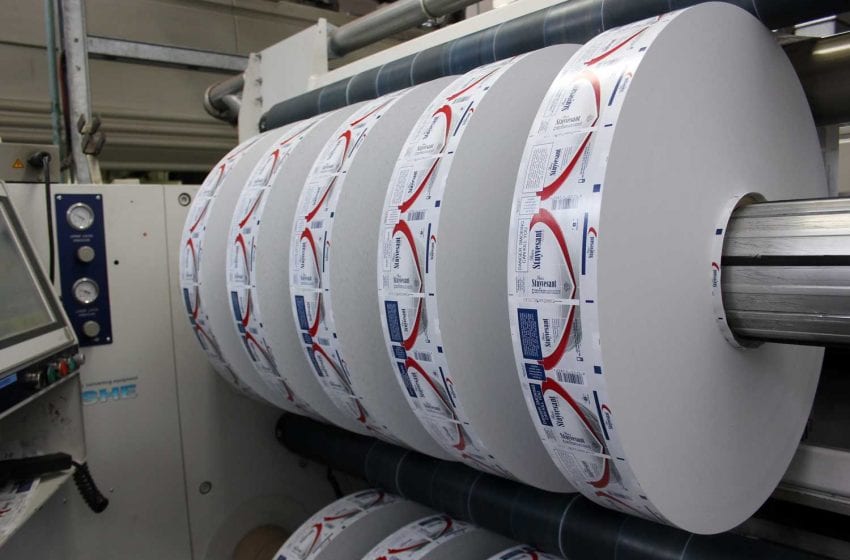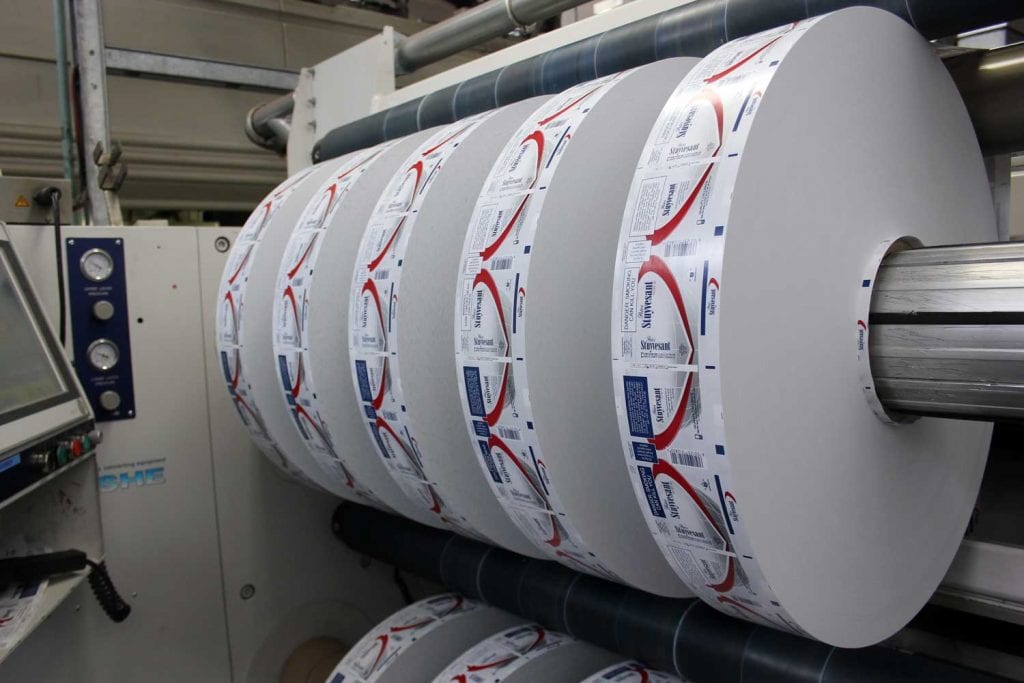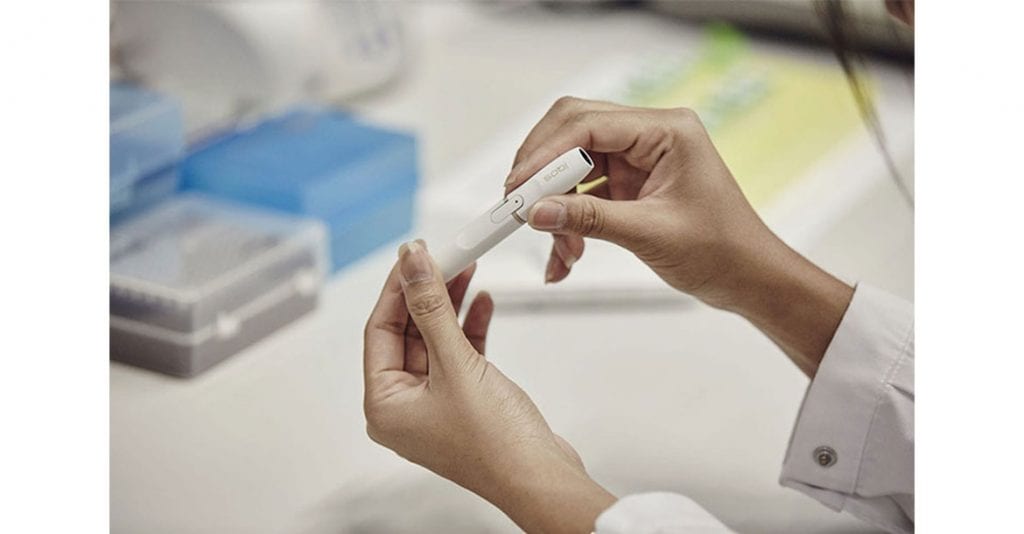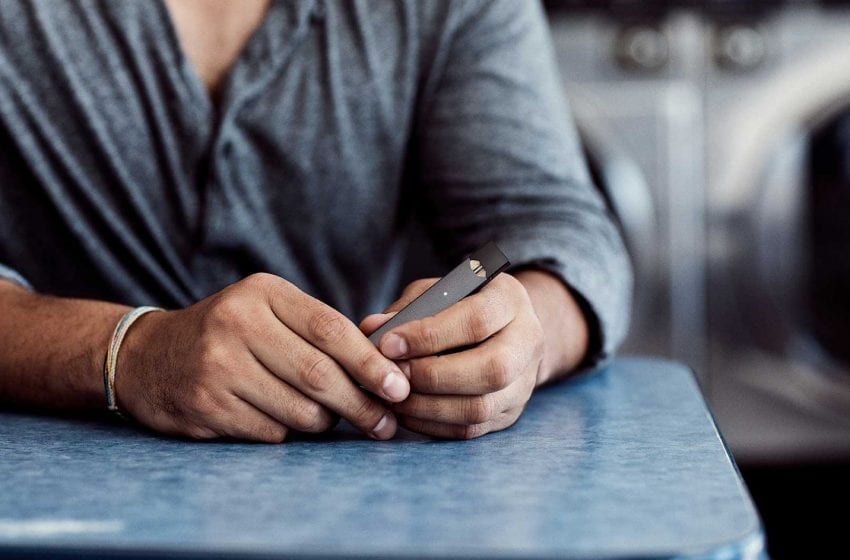Massachusetts Attorney General Maura Healey is suing Juul Labs for “creating a youth vaping epidemic,” citing predatory marketing and advertising campaigns.
Filed Wednesday in Suffolk Superior Court, the suit demands that Juul pay for the costs associated with combating the public health crisis affecting young people across Massachusetts.
According to the lawsuit, Juul intentionally chose fashionable models and images that appeal to young people for its ads.
The lawsuit also alleges the company knowingly collected email addresses associated with users who were not age verified for its marketing list and illegally sold and shipped products to underage customers.
Juul has denied that it has ever marketed to young people and said no one underage should use its nicotine vapor products.
“While we have not yet reviewed the complaint, we remain focused on resetting the vapor category in the U.S. and earning the trust of society by working cooperatively with attorneys general, regulators, public health officials, and other stakeholders to combat underage use and transition adult smokers from combustible cigarettes,” Juul said in a statement.














